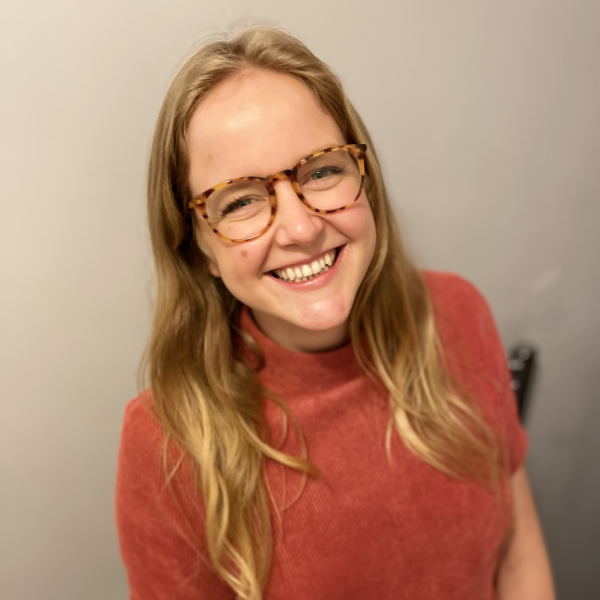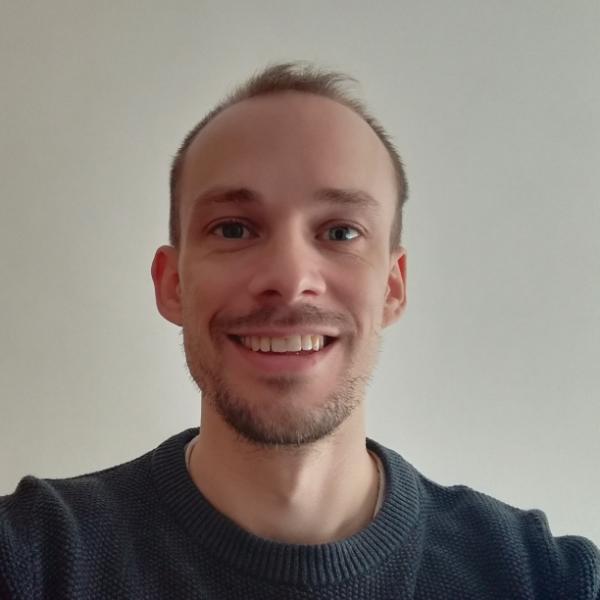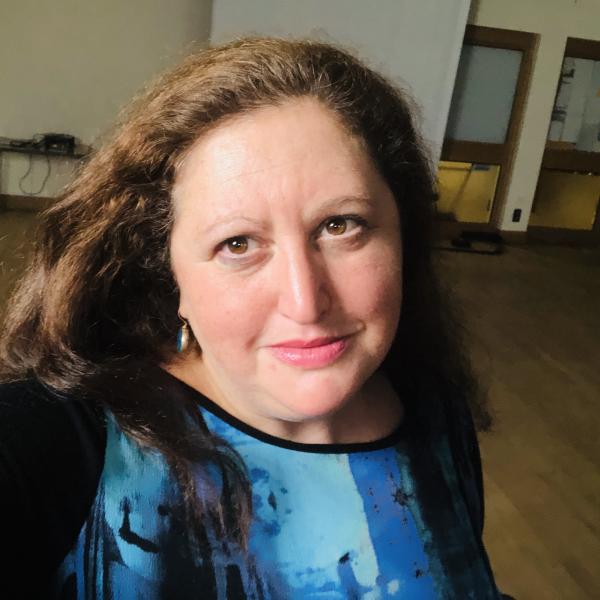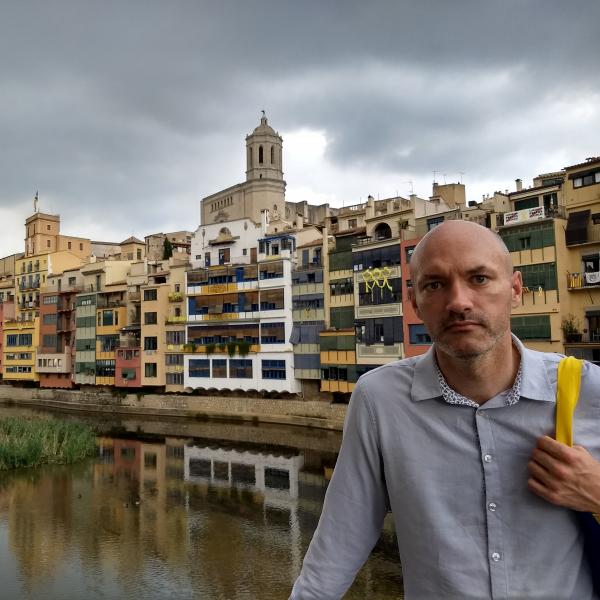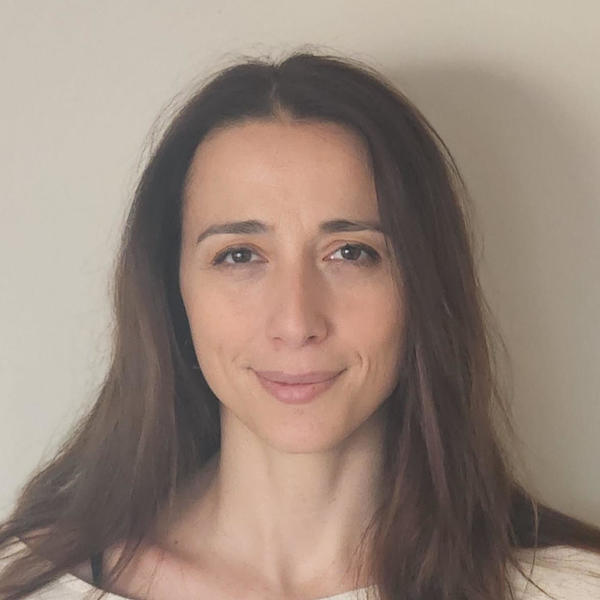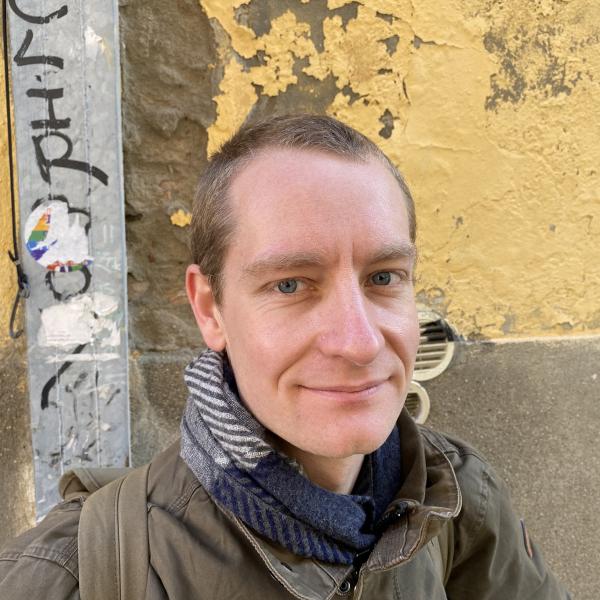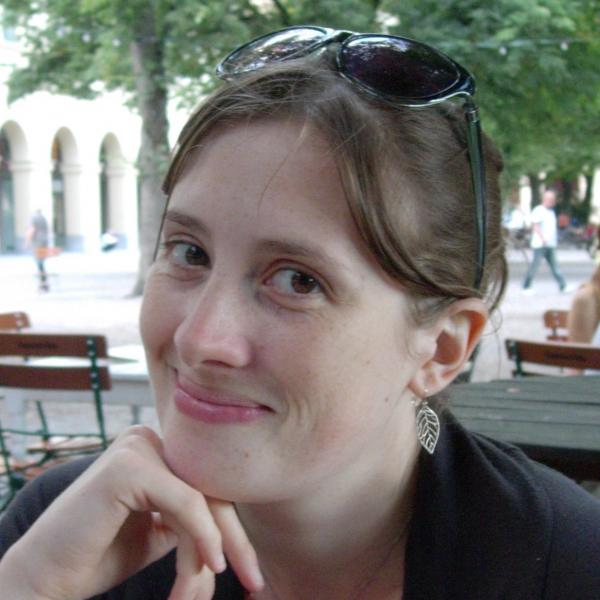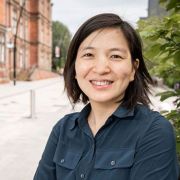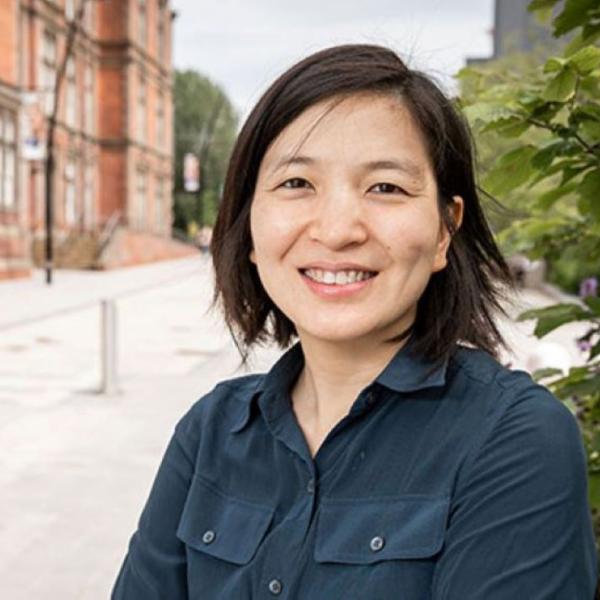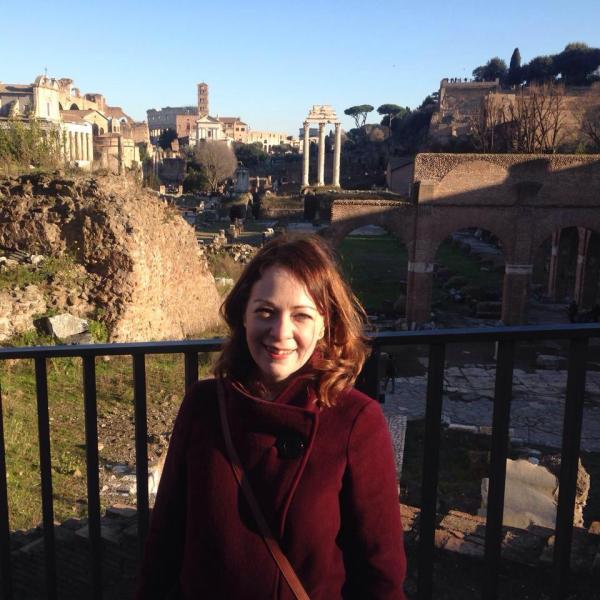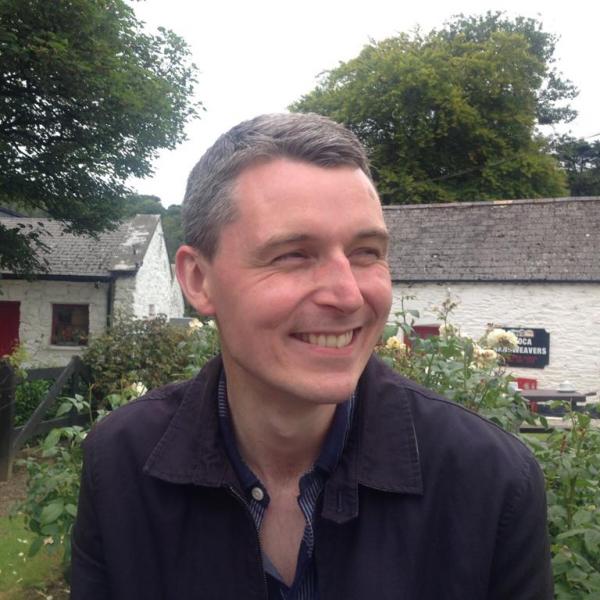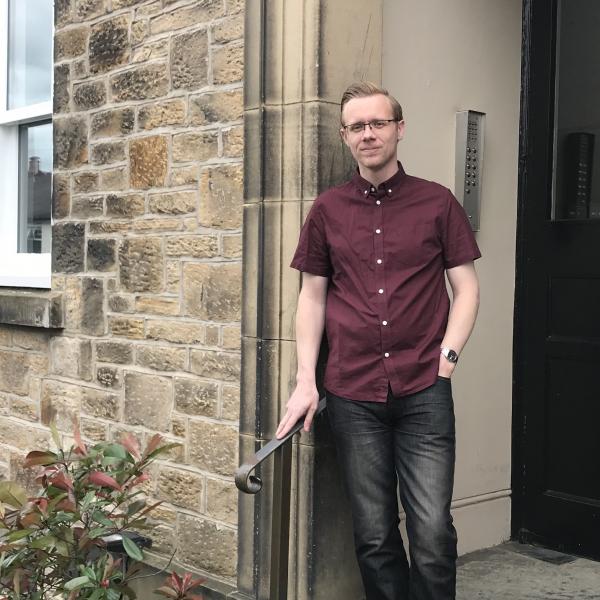Political Engagement
The Political Engagement hub connects Sheffield historians working on diverse places and periods, who share an interest in the relationship between people and power.
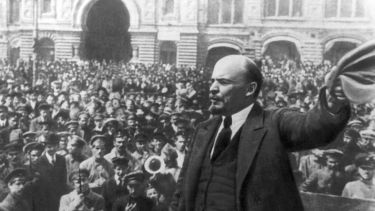
We define the 'political' broadly, by exploring engagement through both formal and informal mechanisms: our members' interests range from battles over access to the ballot, to the moral economy of the crowd.
Staff and students in the hub work on Europe, Africa, Asia, and the Americas, and their chronological specialisations stretch from the Middle Ages to the late twentieth century.
We see the wide array of interests as an opportunity for opening fruitful comparative discussion about the ways in which power is produced, contested, and deployed.
We have identified four overlapping themes that provide a basis for conversations across the hub:
- Protest and cultures of activism
- Gender and political engagement
- Power beyond the ballot box
- Political engagement on micro- and macro-historical scales
Hub members
Molly is interested in histories of dictatorship and democracy, and the transitions between them, in Latin America. Her current research explores the history of Chilean and Argentine involvement in the civil wars in Central America in the late 1970s and early 1980s through the lens of anticommunist internationalism.
Adrian is currently working on a project entitled 'Everyday Politics, Ordinary Lives: Democratic Engagement in Britain, 1918-1992', which investigates how British citizens understood politics and how they viewed its relationship to their lives, from 1918 to 1992.
He is particularly interested in the 'unmobilised majority' (namely, people who did not join political parties or campaigns), and also in how women and young people responded to a political system dominated by middle-aged men.
Mike is currently working on the history of political agency, or the possibility of writing political history around the issue of agency rather than (for example) institutional development.
It builds on his earlier work on political engagement.
Alex is currently working on a book project with the provisional title, Operation Eggshell: Americans in Saigon and the Struggle to Keep France Fighting in Vietnam, 1950-54. The book explores how the informal interactions between French officials and a diverse cast of Americans - from idealistic aid workers to ambitious politicians to grizzled war reporters to dutiful diplomatic wives - shaped the fragile Franco-American alliance at the centre of U.S. efforts to prevent Vietnam's fall to communism in the early 1950s.
Andrew is currently interested in the circulation of authoritarian ideas in U.S. politics, and attempts to depoliticize public life in Civil War-era America.
Eirini is currently working on Protest as Democratic Practice: peace mobilisation in Southern Europe during the Second Cold War.
She looks at repertoires of actions, at what mobilised activists, at new forms of political participation, and at framings of security, democracy and peace.
George's current research on the 'politics of scarcity' in Kenya and Tanzania explores how economic shocks reshaped citizens' expectations, elite responses, and political culture across the region in the time of oil crises and structural adjustment during the 1970s and 1980s. He also continues to work on the politics of the media in Africa during the era of decolonisation, as well as the transnational politics of anticolonial liberation movements.
Danica is a medievalist, interested in the medieval papacy and the role of councils and assemblies in medieval government. Amongst other projects, she is currently working on medieval authors' interpretations of contemporary papal councils and their role as political and legal events, and questions around the political and legal authority of 'anti-popes', i.e. men whose claim to the papal throne was contested and later revoked.
Tehyun is interested in how authoritarian regimes try to open up lines of communication with their citizens, and in the translation of ideas between 'liberal' and undemocratic political cultures.
She is currently working on three projects that speak to these issues: a book on party and state formation on post-1945 Taiwan, a series of articles on the Beveridge Plan and British social policy in twentieth-century China, and a shorter piece on the reception of Thomas More's Utopia in East Asia.
Caoimhe is currently working towards an emotional history of the Irish Revolution which examines, among other themes, the revolutionary mobilisation and political engagement of ‘ordinary people’.
She is also interested in the development of emotional regimes during and after the revolutionary process.
Colin is currently working on a study of ideas of 'good' and representative government in Ireland from 1798 to 1922.
He has written about the courtroom as a political space in Ireland, and would like to pursue the idea of alternative sites of political action.
Simon's research focuses on the political history of the United States in global and transnational perspective.
He is interested in U.S. relations with the Global South since 1945, particularly as they relate to revolution, counterinsurgency, development and political economy.
David is currently working on popular perceptions of the Soviet Union in Britain during the Stalin era - under the working title 'Looking East: British perceptions of the Soviet Union from the Famine to the early Cold War' - that encompasses engagement with political discourse through the media and other cultural forms, e.g. literature.


